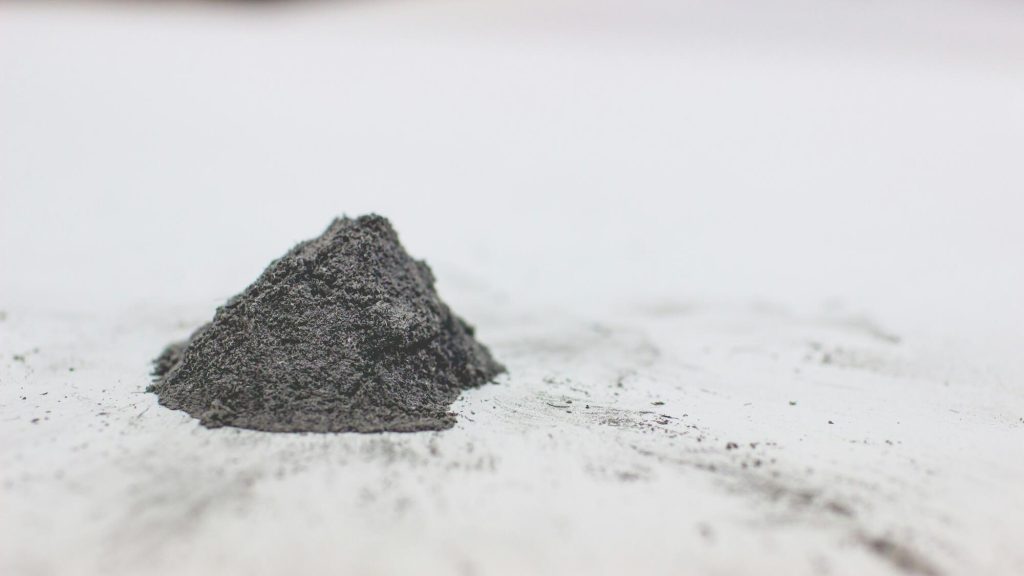Iron pyrites, also known as fool’s gold due to their deceptive golden hue, hold an unexpected but crucial role in pollution control. As industries grapple with meeting strict environmental standards, the significance of these minerals has come to light.
With growing concern about emissions and the toxic waste produced by manufacturing processes, understanding the properties and applications of iron pyrites can offer innovative solutions for a cleaner environment.
Let’s explore how iron pyrites play a vital role in pollution control, helping industries reduce emissions and promote a cleaner environment.
What Are Iron Pyrites?
Iron pyrites (FeS2), or iron disulfide, are naturally occurring minerals found abundantly in the Earth’s crust. These minerals feature a cubic crystal system. This makes them part of the sulfide group.
While historically regarded as insignificant due to their low economic value, recent studies have uncovered their full potential, especially in various industrial applications. This includes pollution control measures.
The Chemistry Behind Iron Pyrites
The unique properties of iron pyrites stem from their chemical structure. Composed of iron and sulfur, iron pyrites can undergo several chemical reactions that are beneficial in pollution management.
When exposed to air and moisture, pyrites can oxidize. This results in the release of sulfuric acid. This can effectively neutralize alkaline wastes.
The ability to transform harmful substances into less toxic forms positions iron pyrites as a valuable asset in various pollution control processes.
Applications in Pollution Control
Industries are increasingly leveraging iron pyrites in different ways to mitigate pollution. Here are some primary areas where iron pyrites are making a difference:
- Wastewater Treatment
- Air Quality Improvement
- Soil Remediation
Wastewater Treatment
Inwastewater treatment processes, iron pyrites serve dual roles as a coagulating agent and a source of sulfuric acid. Their ability to precipitate heavy metals is particularly beneficial. It allows industries to meet discharge limits set by environmental regulations.
Significant reductions in contaminant levels when iron pyrites are incorporated into treatment systems. It offers a more sustainable alternative to traditional chemical methods.
Air Quality Improvement
Iron pyrites are also essential in air pollution control. Industries facing stringent air quality regulations utilize these minerals to reduce harmful gas emissions.
By incorporating iron pyrites into scrubbers and other emission control technologies, producers can effectively lower the concentrations of sulfurous compounds. Thus improving overall air quality.
Soil Remediation
Soil remediation is the process of cleaning up soil that has been damaged by harmful chemicals or waste. Sometimes, soil can get polluted and make it hard for plants, animals, and even people to stay healthy.
By using methods like adding iron pyrites, the soil can be cleaned and made safe again. This helps remove dangerous substances and gives plants a better place to grow strong and healthy. Clean soil also means a safer environment for everyone.
Environmental Benefits of Iron Pyrites
Iron pyrites are not only helpful in cleaning pollution but also good for the environment in other ways. They can replace stronger and more dangerous chemicals. This means fewer toxic leftovers.
Since iron pyrites can often be found locally, companies don’t need to bring them from far away. It helps local jobs and reduces travel pollution.
Using them also helps cut down on harmful gases that cause climate change. It makes them a smart choice for protecting the planet.
Challenges and Considerations
Despite the advantages, challenges exist in the widespread adoption of iron pyrites in pollution control. For instance, ensuring consistent quality and supply can be problematic. Industries must work closely with reliable suppliers, such as an iron disulfide supplier, to ensure that they receive high-grade materials that maximally benefit their processes.
Future Prospects
The future prospects for iron pyrites in pollution control appear promising. With advancements in technology and a growing regulatory emphasis on sustainable practices, industries will continue to explore and implement innovative applications of these minerals.
Research into the chemistry of iron pyrites is ongoing. It reveals more about their potential to contribute to cleaner production techniques.
Case Studies of Iron Pyrites in Action
Several case studies illustrate the effective use of iron pyrites in pollution control:
Case Study 1: Wastewater Treatment Plant
A wastewater treatment plant in Germany integrated iron pyrites into their chemical treatment process. As a result, the facility achieved a reduction in heavy metal discharge into local waterways. This successful application not only met regulatory standards but also improved the overall health of the receiving ecosystem.
Case Study 2: Industrial Site Remediation
At an industrial site contaminated with heavy metals, remediation efforts included the use of iron pyrites to detoxify the soil. Monitoring showed a significant decrease in toxic metal concentrations. It allows for safe redevelopment of the area.
This project highlighted how iron pyrites could restore contaminated lands while benefiting local communities.
The Economic Aspect of Iron Pyrites
Using iron pyrites to help control pollution can also save money. When companies use these minerals, they often spend less on following environmental rules. They may also avoid big fines and cleanup costs.
This means iron pyrites are not only good for the environment but also good for a company’s budget. It’s a smart choice that helps both nature and business.
Iron Pyrites in Industry: A Sustainable Choice
Industries can make better choices for the planet by using iron pyrites. This change helps lower pollution and keeps the environment healthier. When companies use iron pyrites, they show they care about nature and the community.
By choosing these eco-friendly practices, businesses can set a good example for others. They can become leaders in protecting the environment while still doing their work. This makes the world cleaner and safer for everyone.
Embracing Iron Pyrites for a Cleaner Environment
Iron pyrites are very useful in fighting pollution. They can be used to clean dirty water, improve the air we breathe, and fix polluted soil. This makes them an important tool for keeping our environment safe.
Many companies today want to be more eco-friendly, and using iron pyrites is a smart way to do that. By adding them to their work, businesses can follow the rules, help the planet, and show they care about the community. With the right use of these minerals, we can all work toward a cleaner and healthier future.
For more environmental welfare tips, check out our blog posts.







